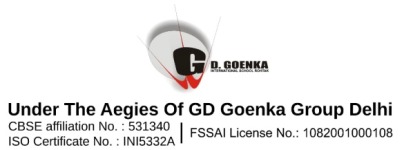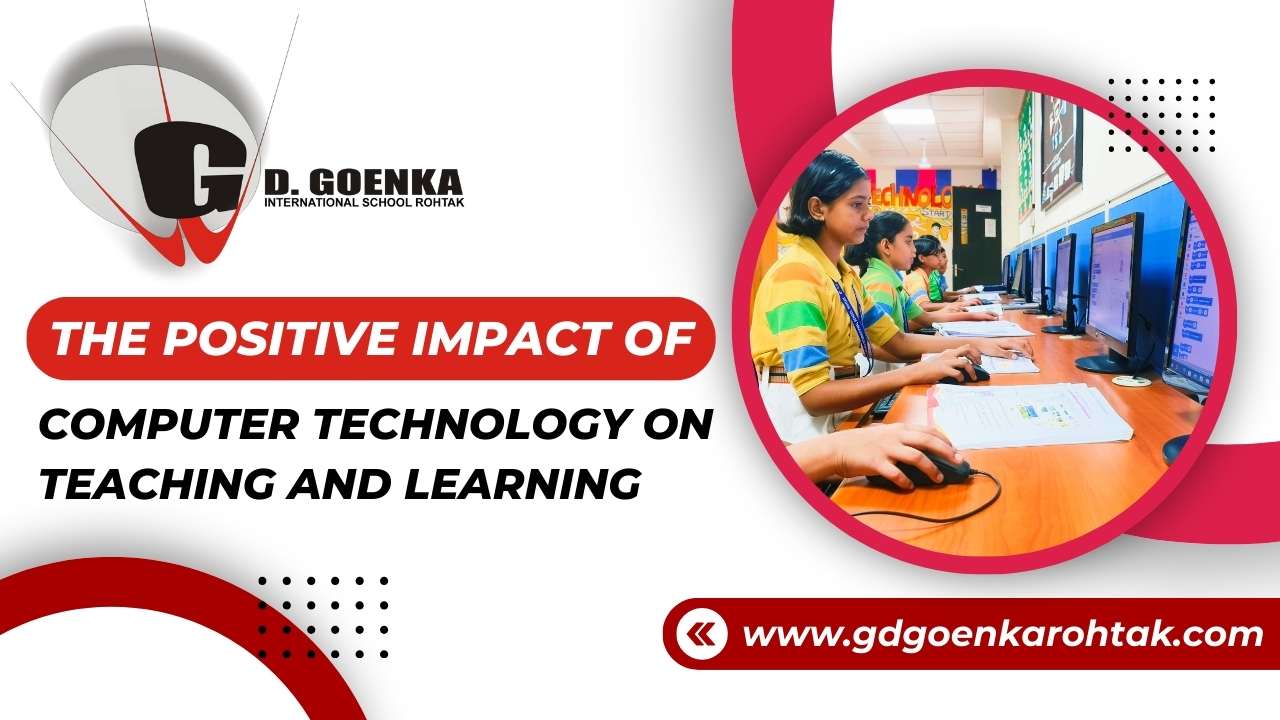Computer technology has had a significant impact on education in the 21st century. It simplifies life and utilizes artificial intelligence, surpassing human abilities. It is essential to evaluate its advancements, understand how it affects teaching and learning, and maximize its advantages. Technology plays a major role in classrooms as it has become an integral part of students’ lives. They have grown up with gadgets like cell phones, computers, and televisions, making it hard for them to imagine life without technology.
This blog explores how computers have transformed education by enhancing the learning experience, equipping students with vital skills, and preparing them for future challenges. It also highlights the benefits of integrating computers into the curriculum at Top Boarding Schools in North India.
1) Building A Digital Future
Computers play a transformative and essential role in education by enhancing learning experiences, equipping students with necessary skills, and preparing them for future challenges. Embracing the digital age at GD Goenka Boarding School, Rohtak, the school recognizes that computers are not just tools but enablers of a brighter, more technologically proficient future for our students. Through a well-rounded education that integrates technology, the school empower the students to succeed in an ever-changing world.
2) Automation
Educational technology offers automation to teachers, allowing them to upload lessons for students to access at their convenience. Online assessments simplify grading and failing grades can trigger automatic messages to parents. This technology helps teachers save time in their daily tasks.
3) Better Connectivity with Students
Effective teacher-student and teacher-teacher connections are crucial for success in education. Teachers strive to foster both student-teacher and peer-to-peer relationships to create a sense of community in their classes. Technology enables teachers to engage with students in a novel manner by facilitating communication and using the Internet to present curriculum content, thereby improving student learning.
4) Differentiation
Technology provides students with easy access to a range of programs and information sources. It allows teachers to find appropriate reading materials and research topics that align with students’ interests, avoiding limitations in the library. Furthermore, technology enables teachers to assign remedial or advanced programs for students to further their understanding of subjects. This approach frees up the teacher’s time during centers or group work, enabling them to provide individualized attention. Ultimately, using technology ensures that all students receive personalized support.
5) Enhanced Learning Experiences
Computers have transformed education by giving students and educators easy access to a wide range of information through the internet. Students can now explore online libraries, research databases, simulations, and educational games for learning purposes. The Best Boarding Schools in Haryana believes that learners have control over the future of education. Computers give students the ability to explore subjects outside of their textbooks and pursue their interests through online courses and tutorials. This includes learning new languages, coding, or understanding scientific concepts.
6) Added Essential Skills
Digital literacy is important in the 21st century as it helps students gain essential skills for the modern world. Proficiency in using computers and digital tools is necessary for various career opportunities and success in a digital workforce.
Digital literacy encompasses the skills of using computer software, practicing safe internet navigation, and understanding digital ethics. These abilities are not only important for future careers but also for everyday life. They allow students to develop critical thinking, problem-solving, and effective communication skills in a digital context.


